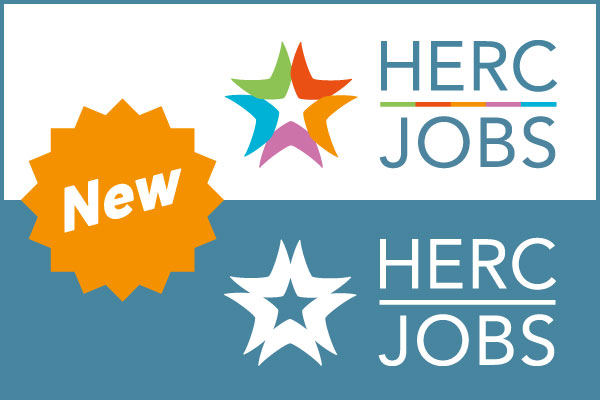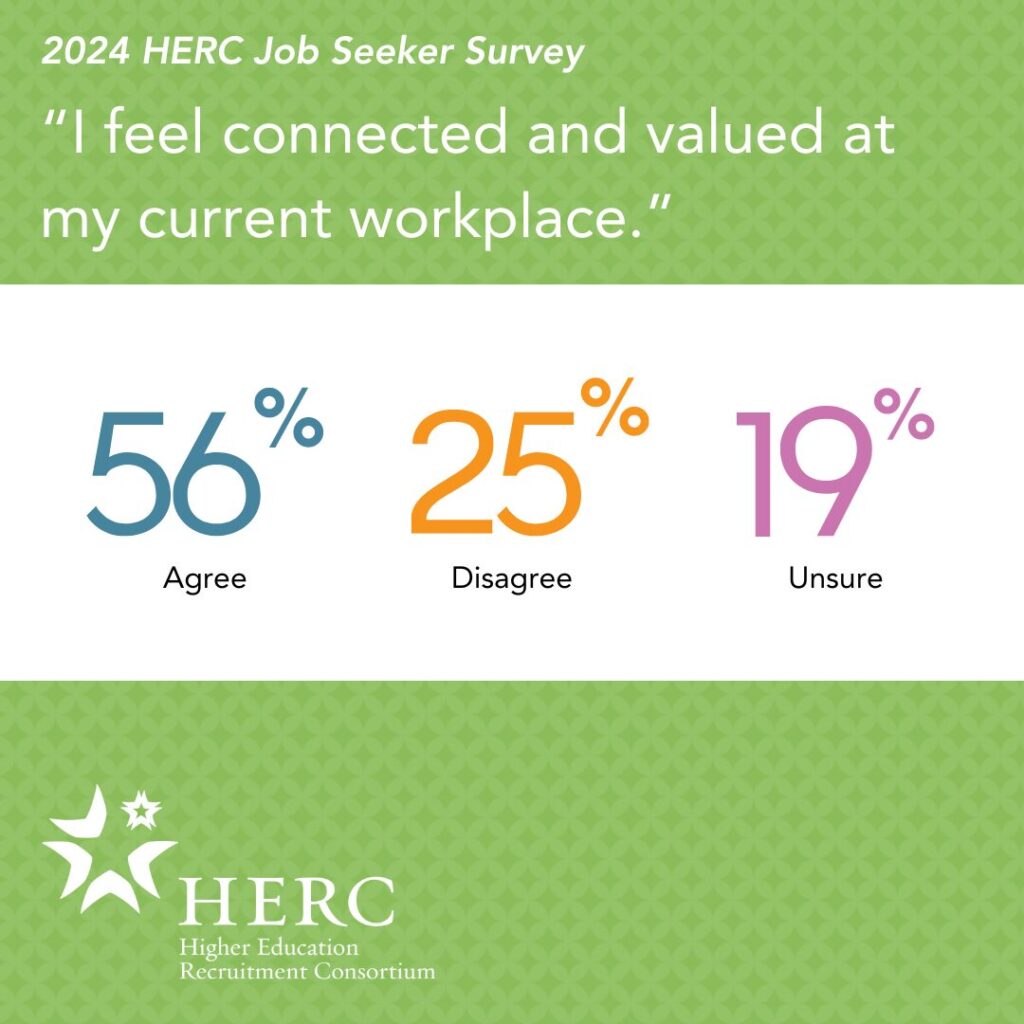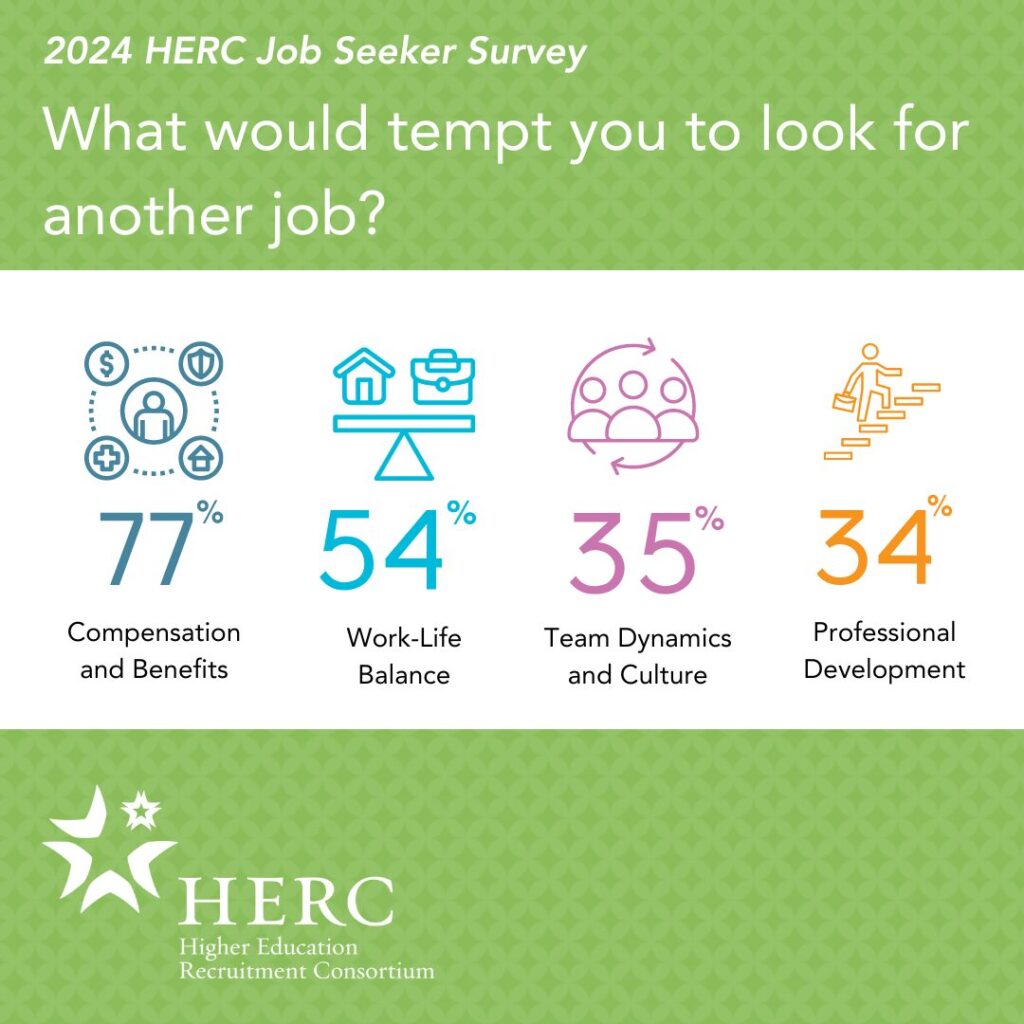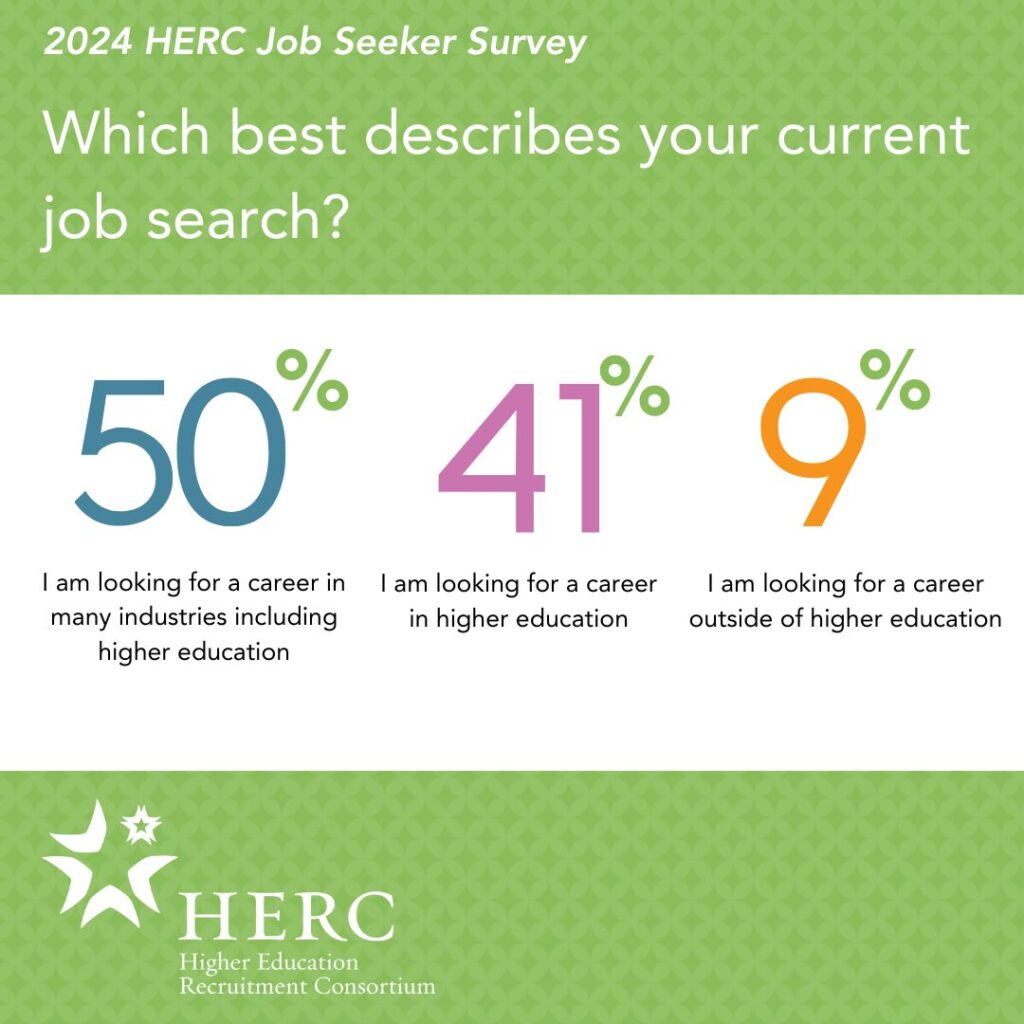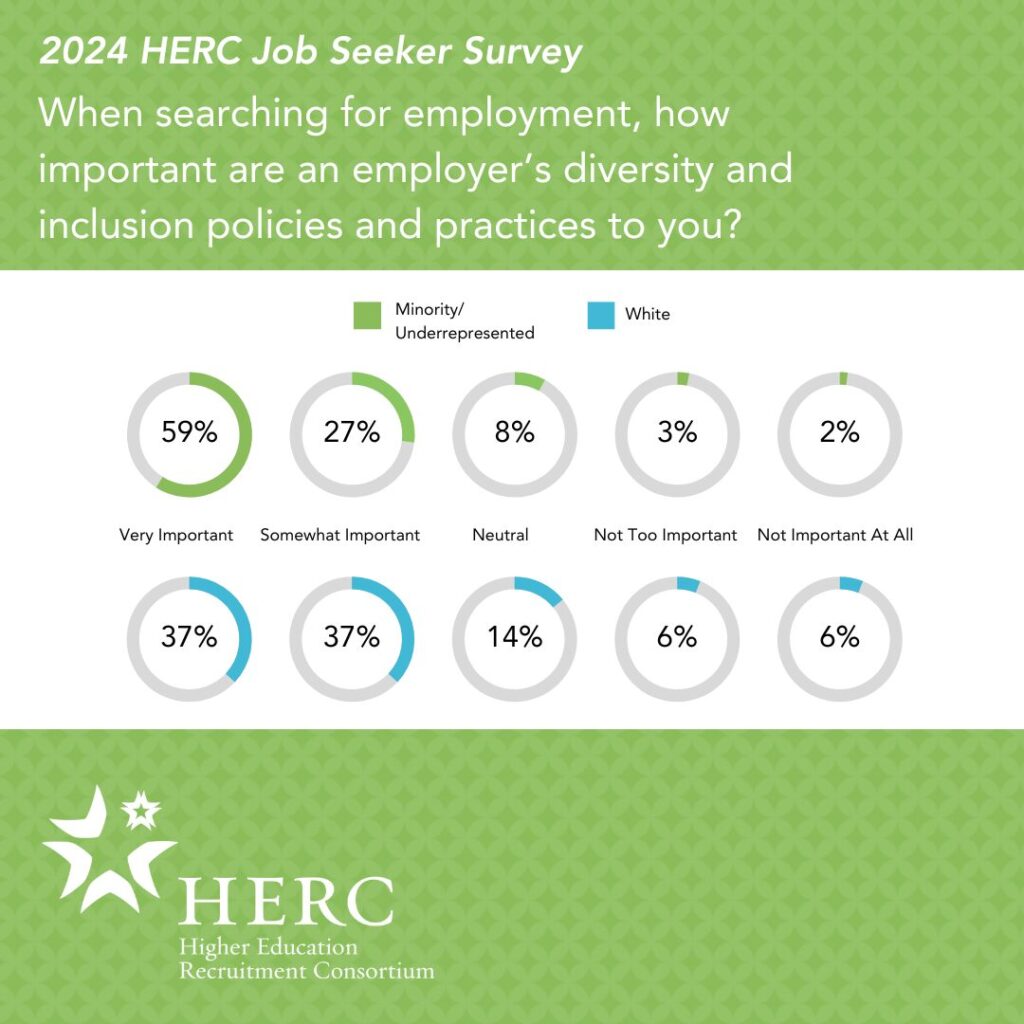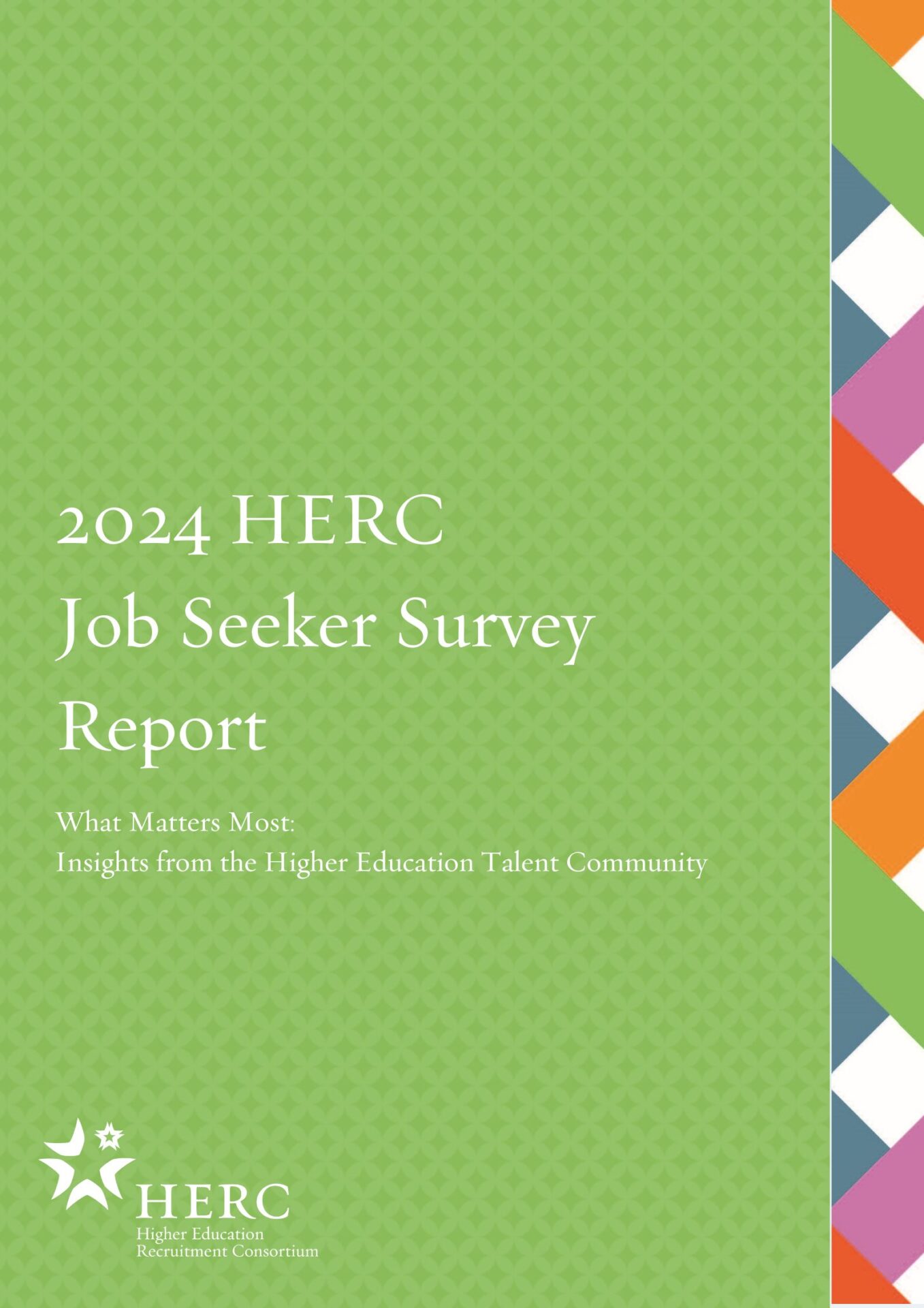
Negotiating a salary with a potential employer can be stressful. Uncertainty about a job’s salary history, differences in benefits offered by potential employers, and variances between industries can all add to the stress. However, with the right tools and preparation, like salary research, you can confidently reach out with a well-supported salary request that will be met with serious consideration.
Below are some ideas on how to get a salary you are happy with, and some areas to avoid to succeed in your negotiations.
Do your research
Whether you are applying for a role familiar to your current work experience or starting out in an entirely new industry, it is important to research the salary range of the role in question.
Don’t rely on one source. Using one resource to guess the expected salary for your position can lead to inaccuracy and confusion. Knowing what to expect can make you a confident candidate when it’s time to negotiate salary. Having as much salary information as you can find, along with your expectations of what you need to accept an offer, will not only save time but also allow the HR counterparts to provide you with clear answers as you consider the whole deal they offer.
Start internally with resources available from the potential workplace. Look at any public salary postings on their website, as well as any salaries of positions above or below yours.
Next, research salaries for the job title while being as specific as possible. Indeed , Glassdoor, and Payscale are a few options that can provide some general information. For vague job titles, try to use the job description to identify the salary range for a job title closest to the description. Being mindful of criteria such as years of experience, job responsibilities, and location, helps in understanding what the salary range will be.
Lastly, reaching out to colleagues and mentors in the field and asking for an informational meeting to discuss salary expectations and strategies can be helpful to understand the range you should expect given your credentials.
Don’t generalize
In your negotiations, using generic salary ranges for job positions, ignoring differences in cost-of-living value by state, and generalizing a broad range of jobs (i.e., market analyst vs. marketing sales representative salaries) can leave a lot to be desired. Instead, try to benchmark the anticipated salary with comparable companies and determine what works for you.
Are you ok with a lower salary if it means more time off, or a higher retirement contribution? Will you accept a higher salary if you know bonuses have not been given out in the past few years? Setting up the information you have against comparable salaries and your own expectations will allow you to clearly identify what you want to achieve in overall job compensation.
Do bring everything to the table
Once you have brought together your research, you can now confidently go into your salary negotiations with ease. Go in with a range you are comfortable with, and know that some industries have less common negotiable items that can affect your decision. Determine beforehand what you will be willing to trade for a lower salary if needed.
Once a position is offered, you can request to see any relevant job salary histories involving the position, as well as a recap of annual salary raises or bonuses given in the past few years in the department.
If you have received multiple job offers, discuss this in the negotiations. However, make sure that the information you share with the HR team is accurate. They are well-versed in comparable salaries and will know if you are fabricating any inflated sources.
Check out Top Articles on HERC Jobs.
About the Author: Connie Castellucci is a higher ed data analyst consultant. Previously she has worked within higher ed departments and nonprofit organizations addressing recruitment, new school development, and member recruitment needs.

